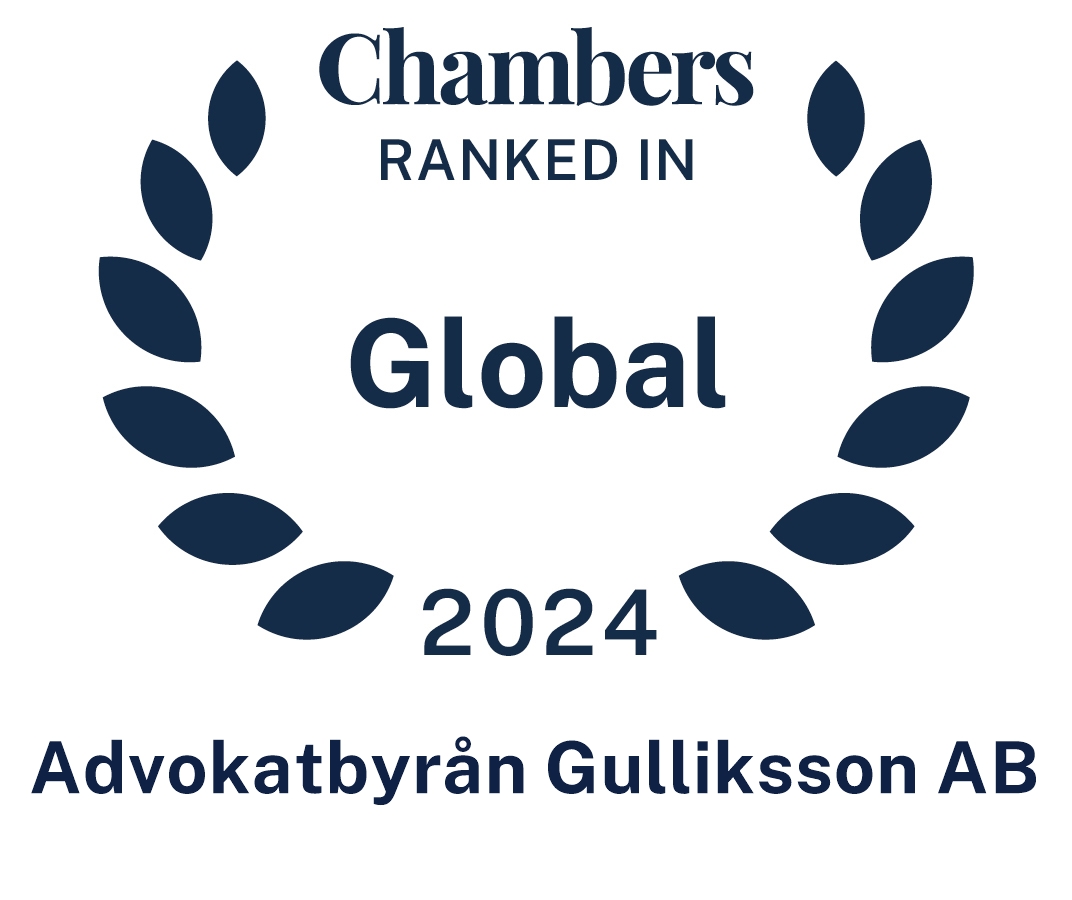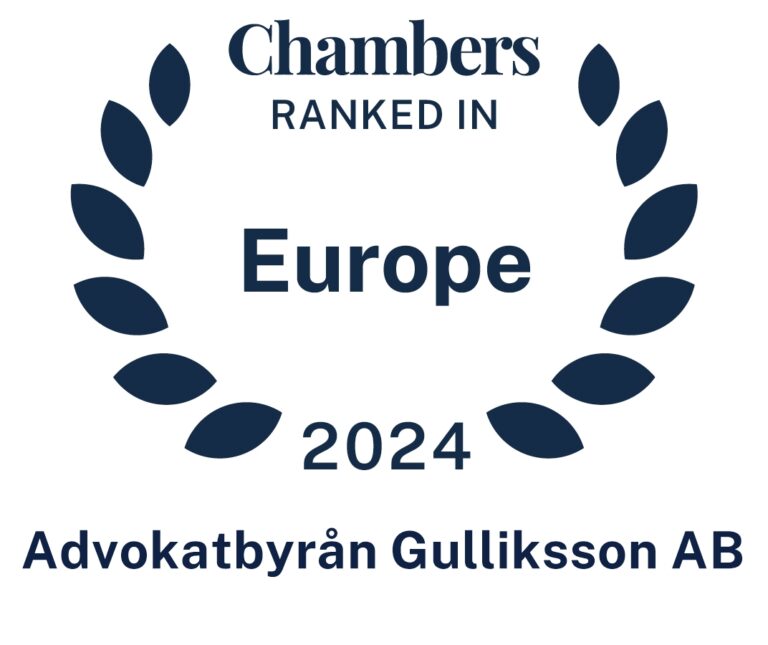Arbitration is considered the most popular forum for cross-border disputes. This is much due to the often quicker procedure compared to ordinary court proceedings, confidentiality and the enforceability of the award in any country being a part to the New York Convention. All prominent arbitration institutes, such as The Arbitration Institute of the Stockholm Chamber of Commerce (“SCC”), the International Chamber of Commerce (“ICC”) and the Singapore International Arbitration Centre (“SIAC”), provide standard clauses ready for use. However, perfunctorily doing so without considering the consequences can be a dire choice.
When drafting an agreement, parties are often eager to “get down to business”. One of the last items in the agreement is usually a dispute resolution clause, which many times can be carelessly constructed without further consideration. A standard arbitration clause, which at the time might seem like a good choice, may however not be suitable for the particular business matter at hand and lead to unexpected consequences when a dispute arises.
The two common forms of arbitration are regular arbitration and expedited arbitration. Regular arbitration is still the most popular choice (in 2022, 60% of the cases handled by the SCC were under the regular rules), but expedited arbitration has also been a viable choice during the past years. The expedited procedure is simplified in order to constitute a more time and cost effective alternative. Possibly the most noticeable difference between the two arbitration forms is the time within which an award must be rendered, namely, taking the SCC as an example, three months under the SCC expedited rules and six months under the regular SCC rules. With this in mind, it is necessary for parties to consider how much time and money they are willing to spend on a possible arbitration.
It is easy to be enchanted by the idea of arbitration as a “cheaper and more effective way of resolving disputes than litigation”. But it is worth remembering that arbitration in no event is cheap. In contrast to ordinary court proceedings, it is the parties who pay the fees to the institute and the arbitrators, in addition to the costs for legal representation. Depending on the length of the arbitration, such expenses can be substantial. For SMEs disputing over a few hundred thousands of euro, a full-scale arbitration may simply be disproportionate. Instead, expedited arbitration can be an alternative.
There are many noticeable differences between the two arbitration forms, both coming with their own particular consequences. Expedited arbitration constitutes a swifter procedure with one arbitrator as mandatory and limited procedural steps. These limited steps reduce cost and time, but can in turn have an impact on the parties’ right to present their case, hence possibly decreasing the chance of winning the case. It is therefore not advisable for a party to choose an expedited arbitration clause if the party can foresee that a future dispute might involve plenty of evidence, witnessess and experts. On the other hand, an expedited arbitration clause could be a sensible choice if a potential dispute can be presumed to be “straight forward”.
Anticipating the complexity of a future dispute is not a simple task, but reflecting on it can assist when drafting a dispute resolution clause. Otherwise, future disputes might incurr unproportionally high costs or unproprortionally little time to present the case.
A viable alternative to the aforementioned regular and expedited arbitration clauses is a so called combination clause. Such a clause is provided by most arbitration institutes, including the SCC, and contains adaptations to the procedure depending on the complexity of the case (determined by the arbitration institute) or the amount in dispute. The amount in dispute does not necessarily represent the complexity of the case, but it is undoubtedly important when considering how much a party might be willing to spend on arbitration.
If you need any assistance with choosing the right arbitration clause you are welcome to contact us.

Dr. Anne-Gwendolin Geismar
Partner, Advokat & Rechtsanwältin
073 316 38 64
anne.geismar@gulliksson.se





